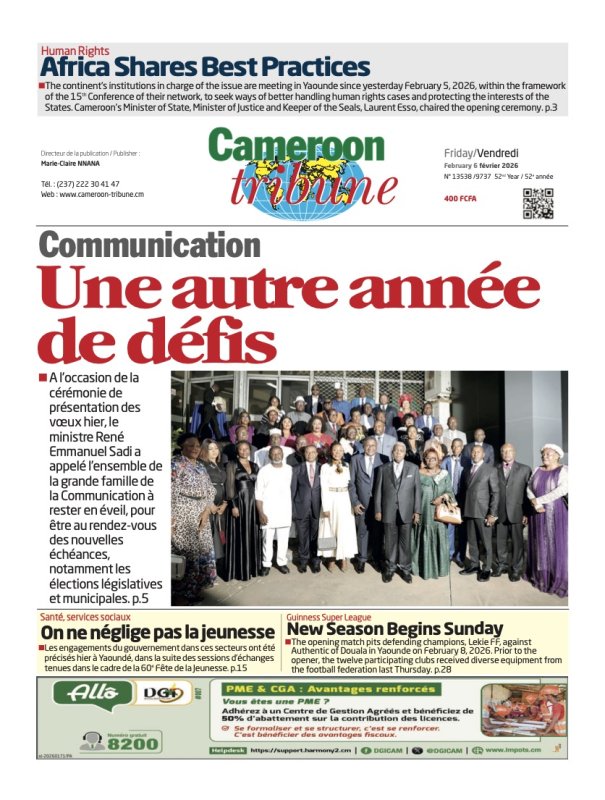Fanatism in itself may not be new. But the drama and spectacle that accompanied the recent incident in Kenya is sufficiently disturbing. Thus, making out how gullible the human mind works can at times be so challenging. A running story in Kenya about 103 deaths and the disappearance of over 300 others following misguided instructions from their sect leader really sounds sad to imagine. Even more disturbing is how cheap the disciples of such a cult would quickly agree with the dictates of a taxi-driver who transforms himself to a church leader, even if he christened his enterprise; Good News International Church. Yet, all indications point to the fact that there could be nothing good Paul Mackenzie Nthenge’s initiative of pushing hundreds of persons into the Shakahola forest to fast to death in the name of prayers.
Strange enough, they were claim to imitate the biblical Jesus Christ’s 40 days of fasting. The Kenyan tragedy has only added to many other breath-taking practices which are visible especially in major towns in Cameroon. At time in mainstream various religious denominations, some easily take to curious extremist believes. Undertaking acts that kill in the name of God who gives life is puzzling. Some may simply see such behaviours as coming from people who simply want to use religion for hidden ends. But the issue can be far more judging from the extent of the damages that society suffers as a result of such high-handedness.
Many occultist wolves in religious cassock are afield these days in search of hidden results. That is proven by the mushrooming of churches around, many of which remain unauthorised. To protect society from the pangs of religious tricksters, the state laws provide that the authorisation to begin any church in Cameroon be granted only by the highest office of the land, which is the Presidency of the Republic. As such, by 2013 the Ministry of Territorial Administration published some 47 authorized churches operated in the country. The exacerbating nature of the phenomenon of doubtful preachers claiming prophetic roles once push officials in the country to close of some 35 strange churches. Not only did the churches pose as public nuisance, they also got engaged in practices alien to public morality. Cameroon, however, is a secular state. Reportedly, close to 80 per cent of its estimated 25 million inhabitants are Christians. Freedom of worship and religion is guaranteed by the constitution and reinforced by Act No. 90/053 of 19 December 1990, regulating religious groupings. The main religions widely practiced in Cameroon include Islam, Christianity and acceptable traditional worships.
Many promoters of so-called churches have used such canopy to mask villain practices as child trafficking, money laundry, ritual killings, noise pollution in cities, economic racketeering, family harassment, power sway and just any kind of self-seeking and dangerous dealings. These days, it is common to count about 10 different denominational churches on a distance of 500 metres in the streets of our cities. People no longer enjoy their sleep in the neighbourhoods because of church trumpets from clusters of just about two or three persons in the name of church.
The media has shown pretentious pastors caught in police nets with human bones, stolen children, guns and other munitions or having conducted ritual killings. A recent case of a foreign pastor from a neighbouring country having exterminated a family of six in Bertoua (East Region of Cameroon) last April is still fresh in memory. The villain later killed himself in suicide in a police cell. The fastest way of gaining material riches these days for many hoodlums is to pick a bible and begin a church. In such churches they preach just what pleases and serves their interest.
What has religion become with clashes of authority, heresy and occult practice? Why are people becoming prop...
Cet article complet est réservé aux abonnés
Déjà abonné ? Identifiez-vous >
Accédez en illimité à Cameroon Tribune Digital à partir de 26250 FCFA
Je M'abonne1 minute suffit pour vous abonner à Cameroon Tribune Digital !
- Votre numéro spécial cameroon-tribune en version numérique
- Des encarts
- Des appels d'offres exclusives
- D'avant-première (accès 24h avant la publication)
- Des éditions consultables sur tous supports (smartphone, tablettes, PC)












Commentaires